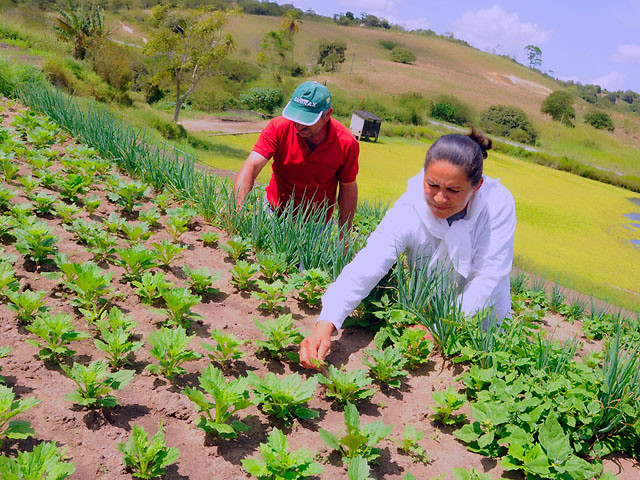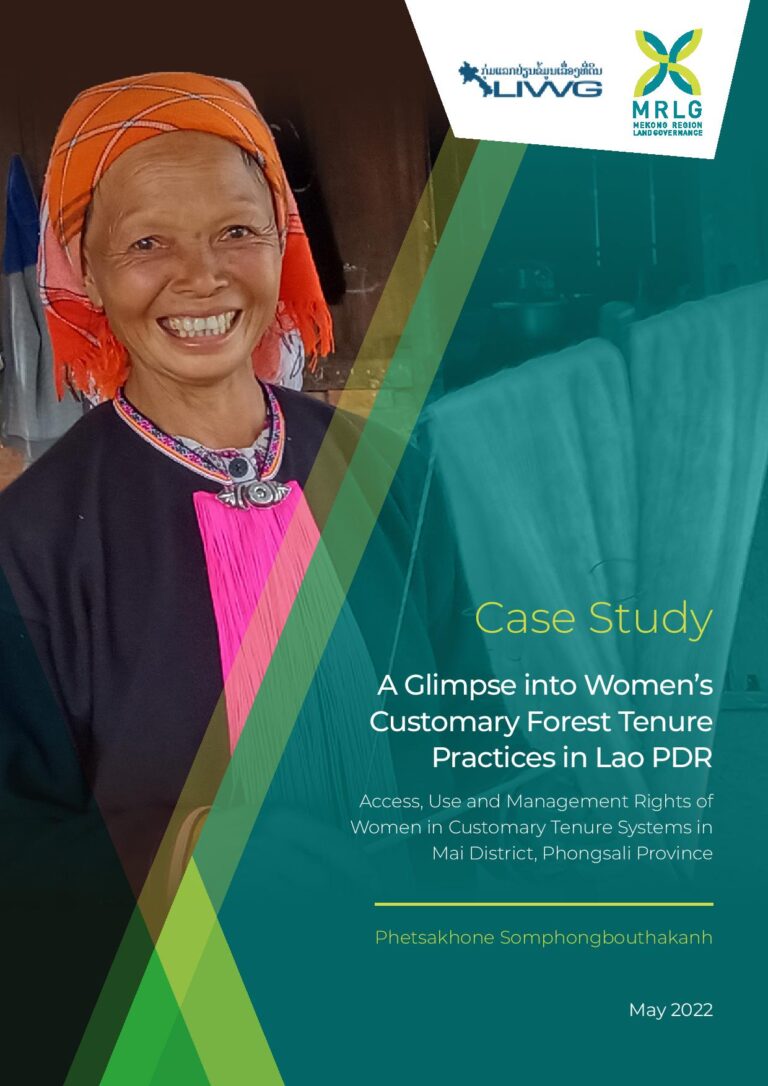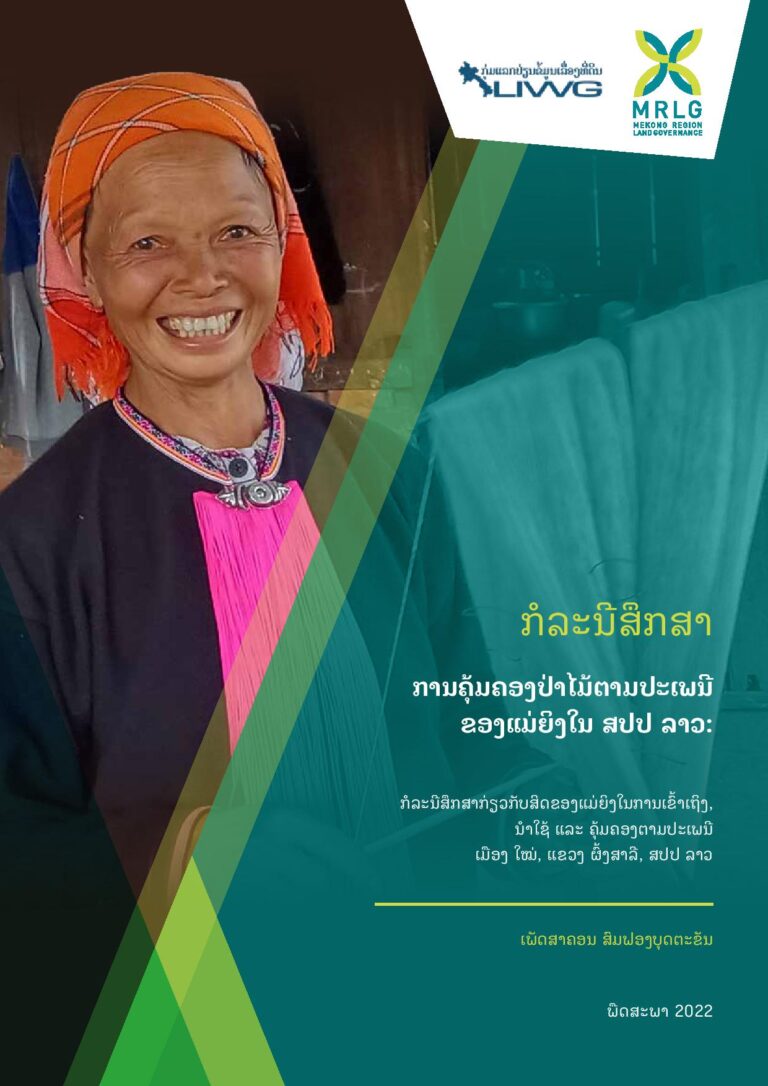Resilient food systems and climate, peace and security interplay in Kenya. Climate security hotspots and food security insights.
Kenya grapples with climate change challenges, experiencing erratic weather patterns, prolonged droughts, and floods that significantly limit agricultural productivity and natural resources availability. This not only exacerbates food insecurity but also heightens the potential for conflicts. The Arid and Semi-Arid Lands (ASALs), especially in northern counties like Turkana, are particularly vulnerable, experiencing a surge in climate-induced food shortages compounded by escalating conflict risks.







